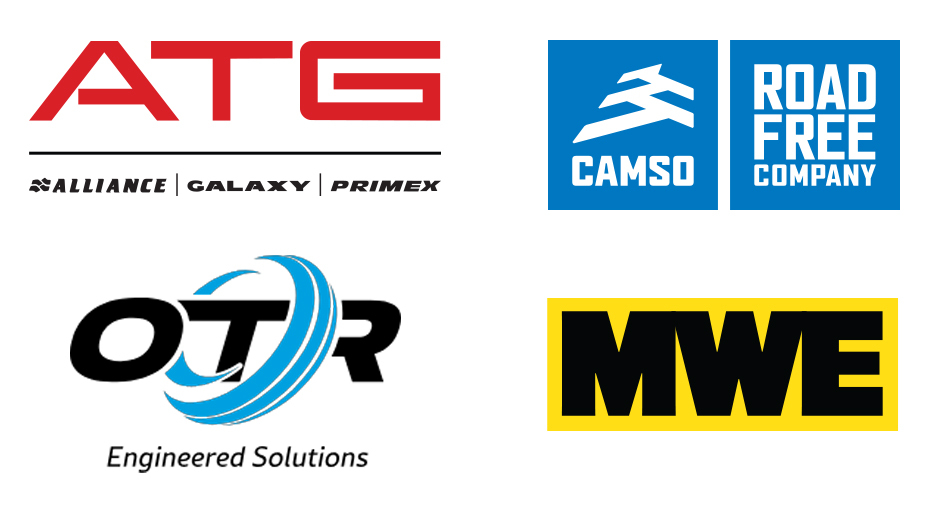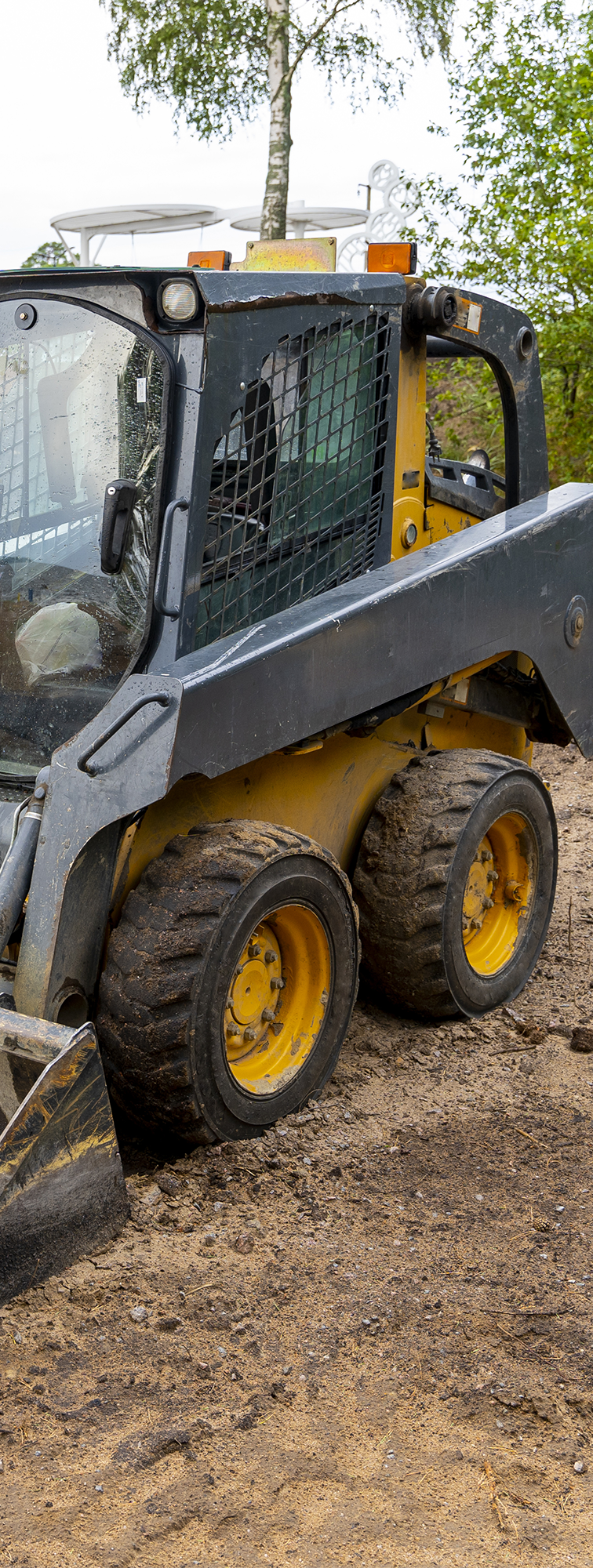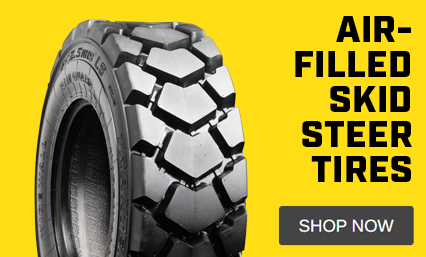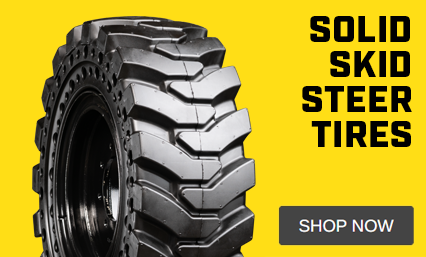
Advantages of Air-filled Skid Steer Tires
- Lower up front cost
- Less damage to soft surfaces
- Smoother ride
- Tire shield available
Exploring Skid Steer Tire Options
Skid steer tires are essential components that significantly impact the performance, durability, and safety of skid steer loaders. Choosing the right type of tire—solid or air-filled—can influence operational efficiency, cost-effectiveness, and suitability for specific job sites. This comprehensive guide explores the features, benefits, and applications of solid and air-filled skid steer tires to help you make an informed decision for your equipment.
Solid Skid Steer Tires
Durability and Longevity
Solid skid steer tires are known for their exceptional durability and long lifespan. Constructed from highly durable rubber compounds, these tires are designed to withstand harsh working conditions, including sharp debris, rough terrain, and heavy loads. Unlike air-filled tires, solid tires are impervious to punctures and blowouts, reducing downtime and maintenance costs.
Maintenance-Free Operation
One of the primary advantages of solid skid steer tires is their maintenance-free nature. With no air pressure to monitor or maintain, operators can focus on the task at hand without worrying about tire-related issues. This makes solid tires an excellent choice for busy job sites where time and efficiency are critical.
Enhanced Stability and Traction
Solid tires offer superior stability and traction, making them ideal for heavy-duty applications. The increased ground contact and robust construction ensure better grip and control, enhancing safety and performance on various surfaces, including mud, gravel, and construction debris.
Applications
Solid skid steer tires are perfect for demanding environments such as construction sites, demolition areas, and industrial settings. Their ability to handle heavy loads and resist damage makes them a reliable choice for continuous, intensive operations.
Air-Filled Skid Steer Tires
Comfort and Flexibility Air-filled skid steer tires, also known as pneumatic tires, provide a smoother and more comfortable ride compared to solid tires. The air cushion absorbs shocks and vibrations, reducing operator fatigue and improving overall comfort during extended periods of use.
Cost-Effective and Versatile
Pneumatic tires are generally more affordable than solid tires and offer a versatile solution for various applications. They can be used in a wide range of environments, from soft, muddy terrains to hard, paved surfaces. The flexibility of air-filled tires makes them suitable for both light-duty and medium-duty tasks.
Traction and Flotation
Air-filled skid steer tires offer excellent traction and flotation, especially on soft and uneven terrains. The ability to adjust air pressure allows for customization based on specific job site requirements, enhancing performance and adaptability.
Maintenance Considerations
While air-filled tires require regular maintenance to ensure proper air pressure and avoid punctures, modern advancements such as foam-filled tires can mitigate some of these concerns. Foam-filled tires combine the benefits of pneumatic and solid tires, offering enhanced durability without sacrificing ride comfort.
Applications
Air-filled skid steer tires are ideal for landscaping, agricultural work, and general construction tasks. Their versatility and cost-effectiveness make them a popular choice for operators who need reliable performance across different terrains and conditions.
Making the Right Choice
Selecting the right skid steer tire—solid or air-filled—depends on your specific operational needs, budget, and job site conditions. Solid skid steer tires offer unmatched durability and maintenance-free operation, making them suitable for heavy-duty applications. On the other hand, air-filled skid steer tires provide a comfortable ride and versatility, ideal for a variety of tasks. Evaluate your requirements and choose the tire type that best aligns with your operational goals to maximize productivity and efficiency.
We have the brands you trust



